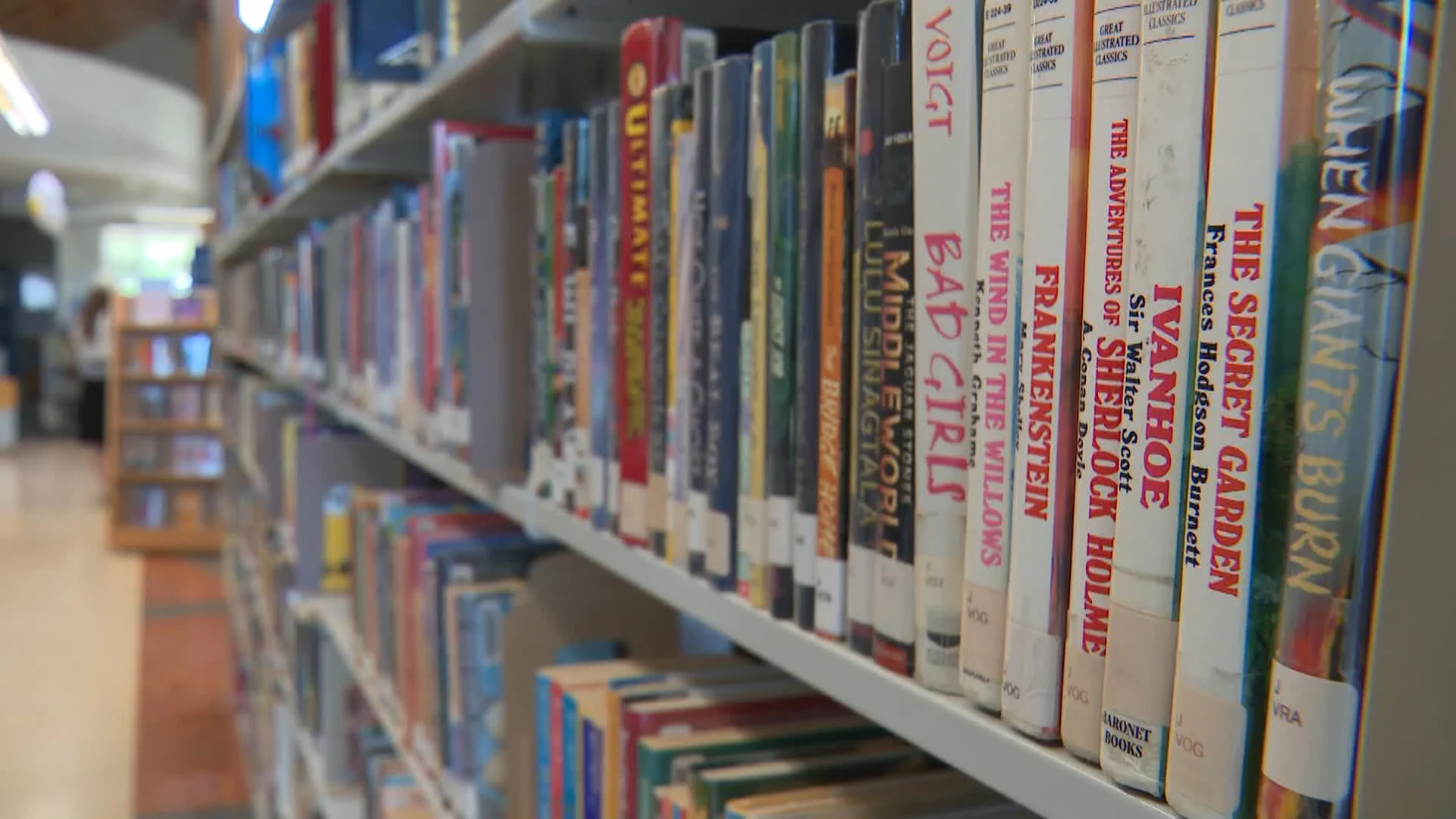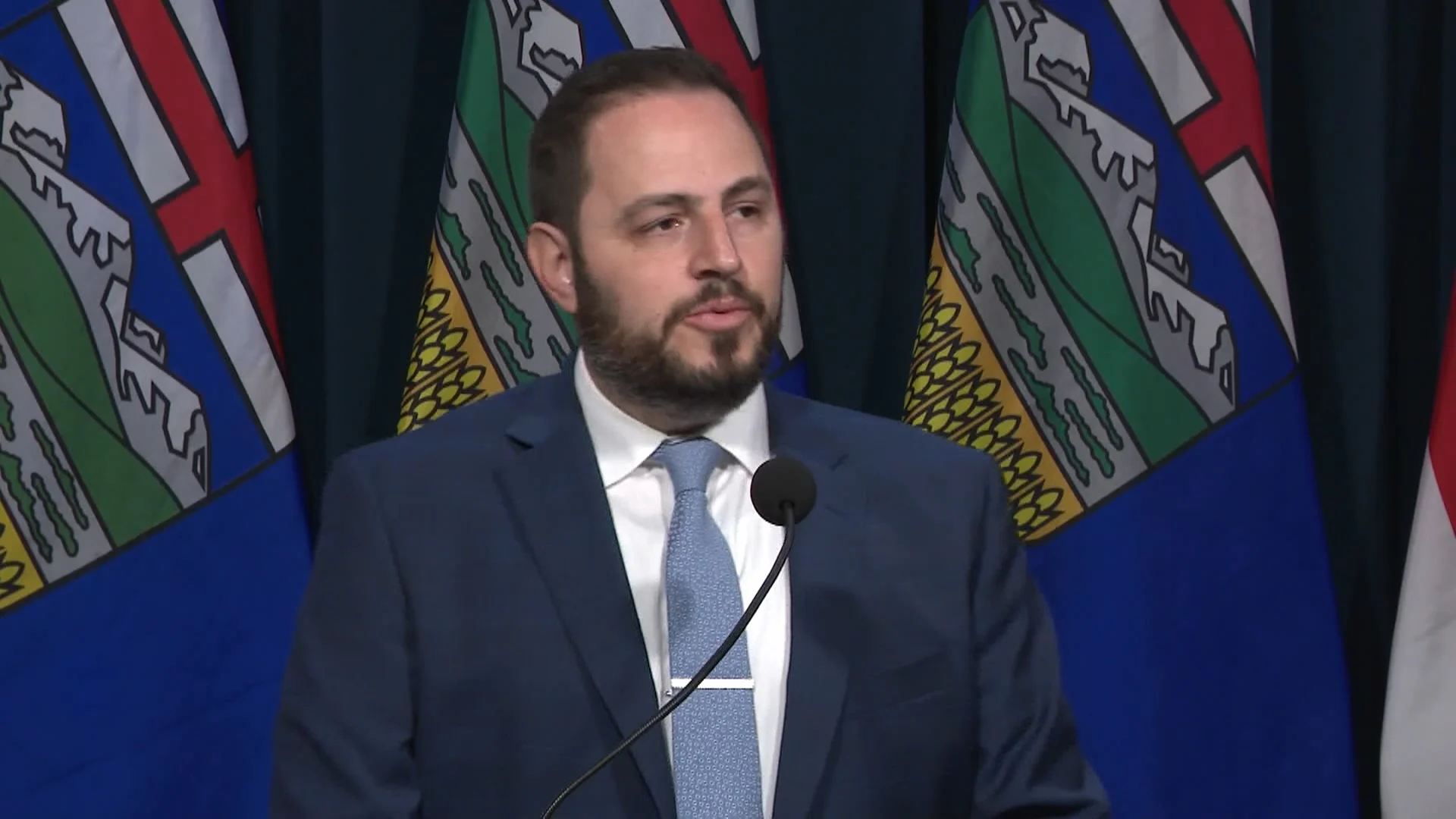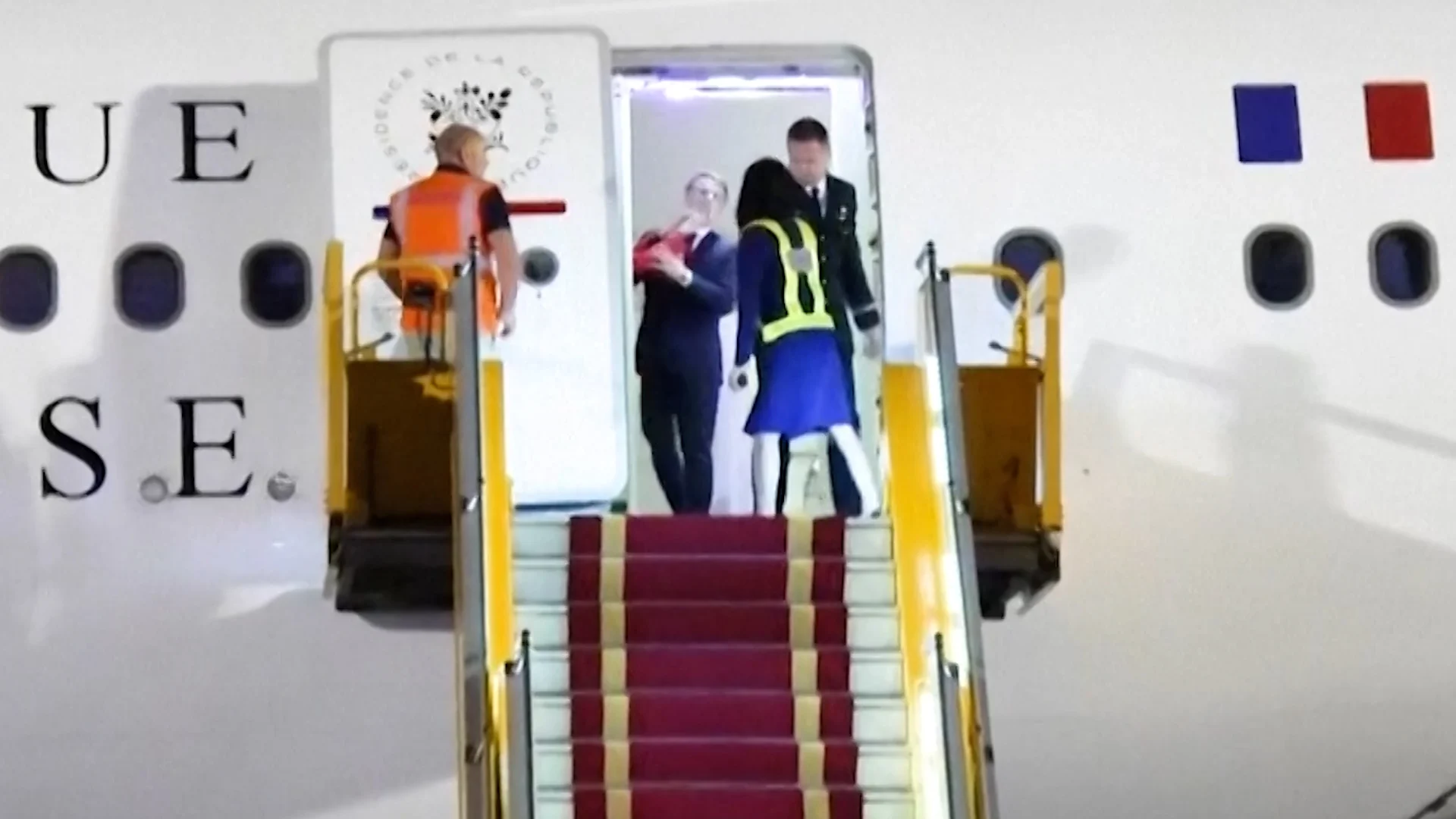Alberta will implement new regulations this autumn to guarantee that only what it deems as “age-appropriate” literature is accessible in school libraries.
Demetrios Nicolaides, the Minister of Education, explained that the decision was triggered by the discovery of four explicit coming-of-age novels featuring sexual and LGBTQ+ content circulating in public schools in Edmonton and Calgary.
Speaking in Calgary, Nicolaides disclosed that concerned parents had notified him about the novels, prompting government officials to inspect schools for their availability.
According to Nicolaides, these materials contain nudity and explicit descriptions of sexual activities, including oral sex, as well as themes of molestation, self-harm, substance abuse, and offensive language.
The novels, all authored by Americans, are: “Gender Queer” by Maia Kobabe, “Fun Home” by Alison Bechdel, “Blankets” by Craig Thompson, and “Flamer” by Mike Curato.
Nicolaides stated that the government is devising new criteria for school staff to assess the suitability of library materials, with intentions to have the new rules in place for the upcoming school year.
An online survey was also launched by the government to collect feedback from Albertans.
The survey, closing on June 6, includes 13 questions, such as handling sexually explicit books and the necessity of parental consent.
It also inquires about who should be responsible for determining the appropriateness of a book, offering options of teachers, librarians, other school staff, parents, or students.
Global News
The minister emphasized that the government is not engaging in a broad book ban.
Nicolaides clarified that the government is establishing guidelines to fill the gap in provincewide standards for determining age appropriateness.
“From the beginning, I want to make it clear—it’s not about banning specific books or titles but about establishing comprehensive policies and guidelines for all school divisions,” he stated.
He mentioned that the government lacks the authority to remove books from schools.
“We aim to provide transparency for parents to know the available material in school libraries and offer a process for addressing concerns about book content and other library resources,” he added.
Nicolaides indicated that the government’s worries are primarily focused on explicit sexual content and imagery.
He expressed that themes of graphic violence are likely not a concern. “We need to define those boundaries,” he commented.
Regarding whether the new standards would prohibit 2SLGBTQ+ specific content, Nicolaides expressed doubt.
“This is not about any specific subject matter,” he explained. “If a book on astrophysics contains explicit sexual content, I would have similar concerns.”
In a joint statement, trustees from Edmonton and Calgary public school divisions expressed surprise at the government’s announcement, as no prior concerns had been raised.
They assured that both divisions rigorously ensure that library resources are appropriate for students and have mechanisms for the community to raise content-related concerns.
Both divisions confirmed the temporary removal of the four graphic novels for review.
However, the lack of communication from the government was noted to undermine their relationship with the education ministry.
The government specified that the new regulations would apply to various school types but not municipal public libraries.



